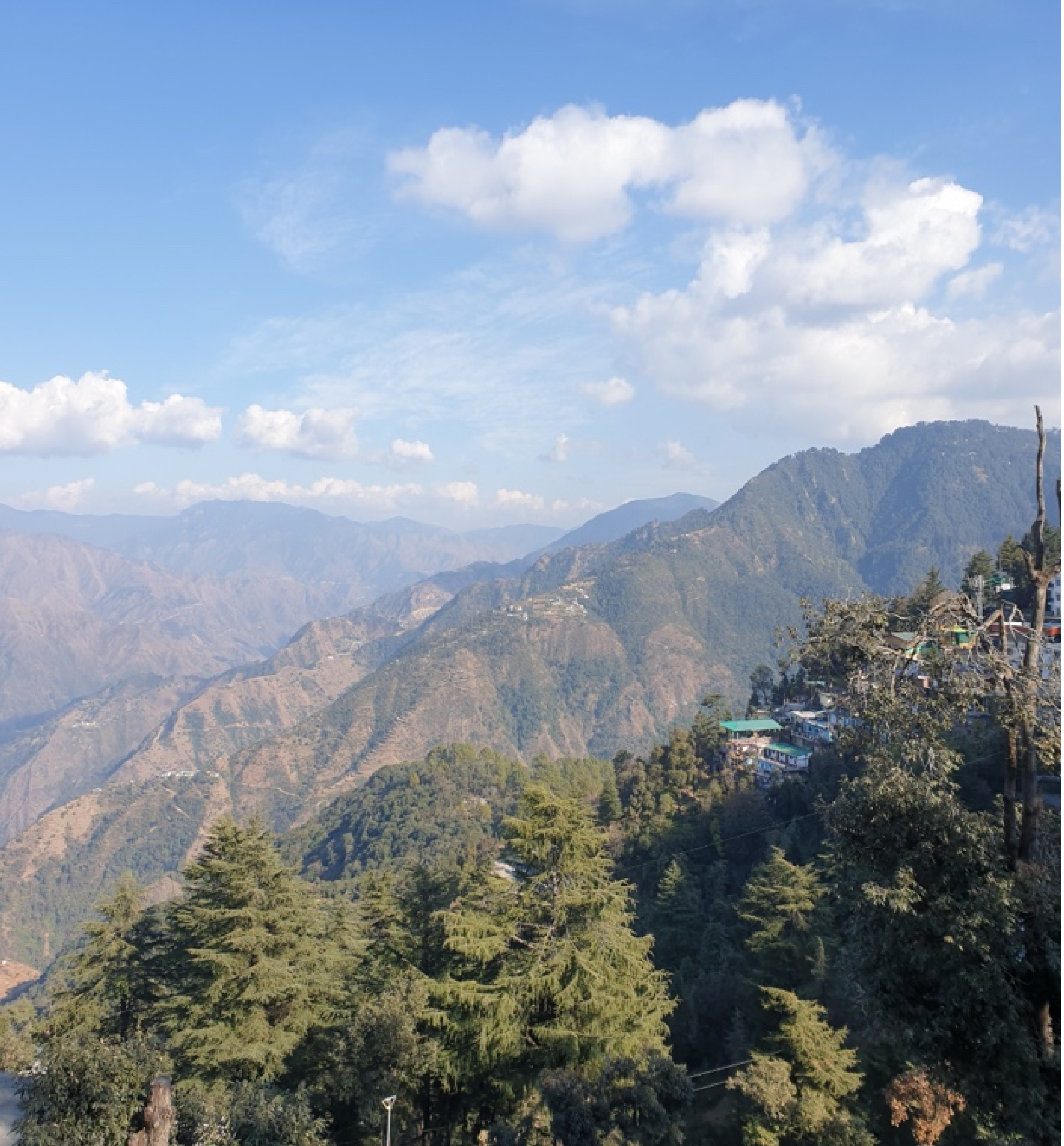Communities in Dolpa district in Nepal Himalayas live a very difficult life, suffering extreme hardship and poverty. These outlying and remote districts have a poverty rate as high as 72% (as against the national average of 42%) and the severity of poverty is also the highest at 8.2% (as against 3.4% for the plains in Nepal). Agriculture is the sole occupation, and majority of the population comprises smallholder households. Agricultural productivity is however very low due to limited arable land, infertile soils, and climatic conditions that typically allow only one/two cropping seasons a year. Dependence on forests is high, for food supplements, fodder and fuel wood needs of communities, but overexploitation of forests and rangelands is leading to their degradation. Women in Nepal suffer highly discriminatory social and cultural practices. They lag far behind the men in education and health status and are frequently subjected to physical abuse. Due to their lower education levels women also earn between 25-60% less than men. The high altitudes are also subject to severe impacts of climate change - desertification is increasing & droughts are frequent, threatening livelihoods. This is increasing women’s drudgery- women perform the household chores of collecting fodder and fuel wood from the forests, and have to trudge much farther and longer to collect what they need.
Under a Pragya initiative, SHGs were formed in the villages of Ralli (Tripurakot VDC), Funhalduwa (Raha VDC), Byashgard (Lawan VDC) in Dolpa district of Mid-Western Development Region in Nepal. Meetings were held with the Mahila Mandals [village level women’s groups] to share with them details of the activities that would be undertaken in the project and explaining the role and expectations from them in making the interventions effective and useful for the community. Following this, 42 women from three villages were provided comprehensive training on the concept and processes of SHGs. Training of members is an important need for proper functioning of SHGs and training inputs included: Basic mathematics, book keeping, scheduling of meetings, social aspects of women empowerment, basics of lending money, borrowing and repaying. They were also oriented on the registration procedure of SHGs and opening of bank accountsby the local Bank Manager and Cooperative Officer. Post-training, the women were facilitated to open the SHG bank accounts.
Another training program was organized at which group members were trained on reclamation of wastelands and irrigation technologies. The training dealt with wasteland management strategies such as erosion control measures and moisture conservation techniques, facilitating greening through planting economically important tree/shrubs, fuelwood and fodder species and cultivation of horticulture/medicinal plant species for economic benefits. The women were trained by staff from the local Horticulture and Forest departments. Faculty also provided the women with information on state schemes available under the Horticulture and Forest departments that could be accessed by the groups, and leaflets on the schemes were distributed to the SHG members.
Financial assistance was then provided to the SHGs for land clearing and preparation of fallow lands for cultivation. Each SHG has demarcated 2 acres of wasteland for cultivation of fodder/fuel wood species and saplings of apple. Women in the 3 villages have taken up sowing of corn in an area of 1 acre to meet their fodder requirement for livestock. They have harvested the crop once and this has resulted in reduced number of visits to the forest for collection of fodder. Women now go for fodder collection only twice a week as compared to 5-6 times a week before the establishment of fodder farm. This has enabled them to spend more time with their children and family.
Field volunteers continued hand holding of these groups by participating in their monthly meetings and assisting them in maintaining registers. The Horticulture department after proper verification of group’s bank account and meeting registers have approved the provision of apple saplings for the 3 SHGs at subsidised rates. Similar application to the Forest department was made for provision of fuelwood species.





No comments:
Post a Comment